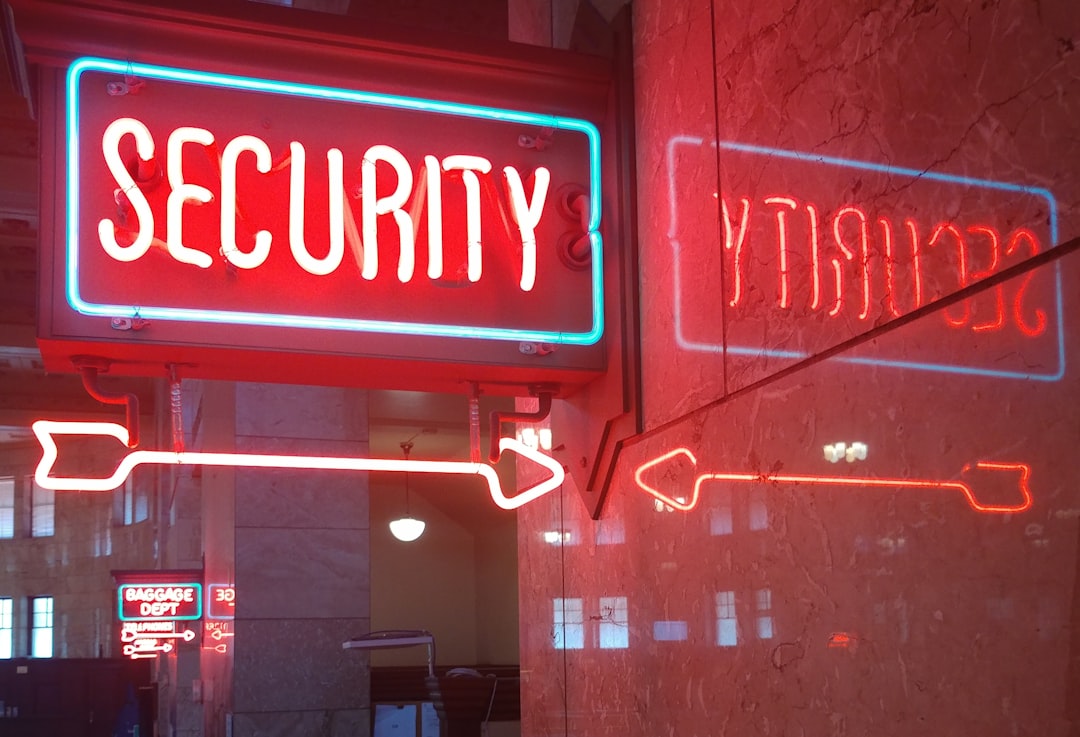The Silent Coup: Big Tech Is Rewriting Our Laws, and You're Letting It Happen

Forget what you see on the nightly news. The real political war isn't being fought in Washington or state capitals—it's being waged silently in server farms and the executive suites of Silicon Valley. While we debate familiar partisan squabbles, a far more profound transformation is underway. A technological revolution is not just influencing our politics; it's fundamentally rewriting the rules of power, policy, and society itself, and it's happening right under our noses.
For centuries, laws were drafted by lawyers and debated by politicians. Today, the most impactful rules governing our daily lives are written in Python and C++ by software engineers. Groundbreaking innovations that were once the stuff of science fiction—AI making life-or-death decisions in autonomous vehicles, facial recognition technology being deployed by law enforcement, and a gig economy that has completely upended a century of labor laws—are forcing governments into a frantic and often losing game of catch-up. Tech giants aren't just asking for a seat at the legislative table; they've built an entirely new digital infrastructure and are daring regulators to keep up. Lawmakers are left scrambling to understand, let alone regulate, a world that evolves with every software update, leaving citizens' rights and protections lagging dangerously behind.
This digital takeover has also completely hijacked our political process. The traditional town square has been replaced by the chaotic, endless scroll of a social media feed, where outrage is the primary currency and verified facts are often drowned out by viral falsehoods. This new battlefield has created a dangerous paradox:
- It empowers citizen journalists and allows grassroots movements to organize with unprecedented speed and scale.
- It simultaneously serves as the most effective propaganda machine in human history, spreading disinformation that can destabilize elections and tear at the social fabric.
Political campaigns no longer just rely on shaking hands and kissing babies; they mine your digital footprint to understand your deepest fears and desires. They use this data to serve you hyper-personalized ads designed not just to persuade you, but to manipulate your emotions. Your vote is no longer just a choice; it's a targetable data point in a massive, ongoing experiment.
The line between technology and governance has all but dissolved. We are living through a silent coup where unseen algorithms are shaping public policy and powerful digital platforms are defining our political reality. The critical question is no longer if technology will reshape our democracy, but who is holding the keyboard. As Big Tech's influence grows unchecked, we must ask ourselves: Are we prepared for a future where our most fundamental laws are written in code we can't see and our society is controlled by forces we never elected?


